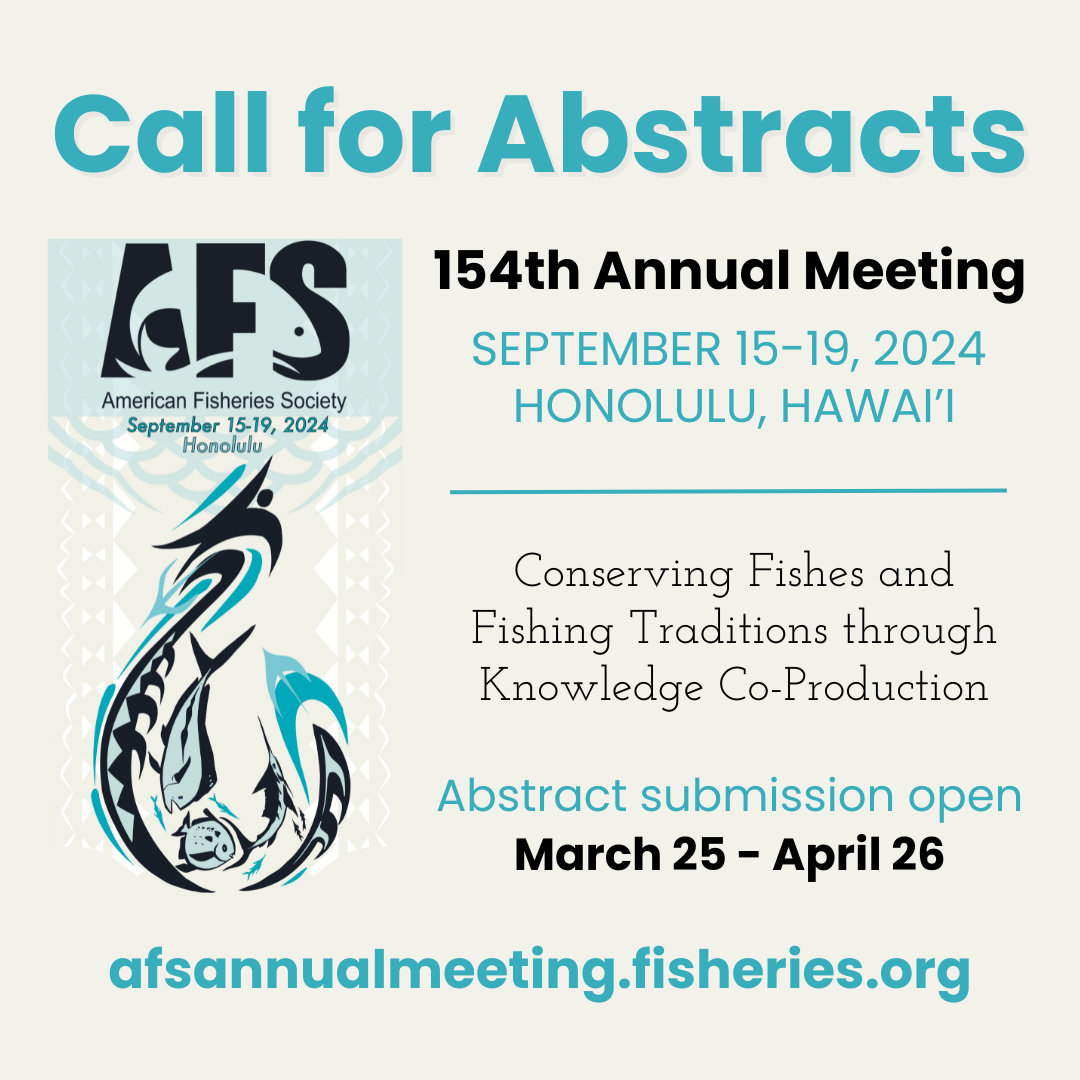| Abstract | Nassau Grouper (Epinephelus striatus) is an endangered, iconic Caribbean reef fish whose spawning and larval success may be impacted by climate change. These fish typically spawn within aggregations on coral reefs from December to April. Climate change threatens to reduce suitable spawning habitat via thermal stress and changing currents. Previous research projects a reduction of up to 80% of spawning habitat utilizing a single earth system model. This research aims to quantify changes in spawning habitat suitability of E. striatus using a multi-model approach to better quantify model uncertainty and determine its influences on management. The GFDL, IPSL, and MPI climate models were used to compare sea surface temperature (SST), seasonal SST gradients, and geostrophic currents from historical (1981-2000) and future periods (2041-2060 and 2081-2100) under two climate change scenarios. These environmental variables were selected as they were determined in prior research to impact the probability of spawning. Under both future periods, SST exceeded the thermal tolerance of E. striatus across much of the Caribbean among all three models, with the largest increases in SST seen in the IPSL model. As a result, the models all showed average declines in habitat suitability, with the declines increasing between mid-century and 2100. These findings may have major impacts on the fishery of an iconic species by potentially reducing their reproductive output. Additionally, this shows that MPAs and seasonal spawning sales bans may need to be reevaluated to continue protecting suitable spawning habitat for Nassau Grouper.
|
|---|





